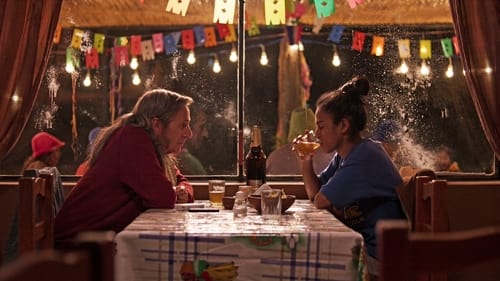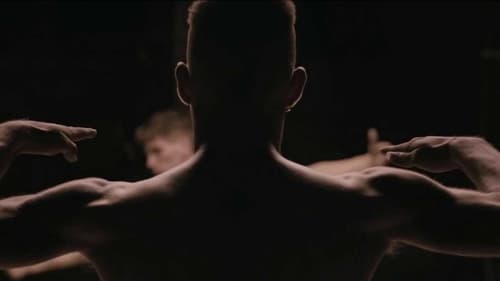
Editor
As it tends to happen in almost every field in Argentina, the official film history is still far from having a federal representation. Its heroes are either from Buenos Aires or have developed their career there, and until recently, no one asked themselves what happened beyond it. This documentary brings back one of those ignored fragments through the figure of Carlos Procopiuk, a man who inhabited, like nobody else, the ethics and aesthetics of a cinema made in a rabidly independent way. An all-terrain character who acted, wrote, produced, edited, directed and taught his community, in Neuquén between the 1950s and the 1990s, how to make films. With the memory still fresh and the eloquent images from his works, the documentary by Diego Lumerman settles a small part of that inestimable debt that Argentine film has with its history.

Editor
Ernesto lives with his seven dogs in an apartment building in the city of Córdoba, Argentina. His lonely daily routine revolves around his pets' needs, his health problems and his money problems. His neighbors arrange a mediation hearing and urge him to take his pets out of the apartment. Ernesto does not want to live without his dogs, and he cannot afford to move elsewhere. Thanks to the empathy of people who are also lonely, but every day share common spaces that connect them, Ernesto finds a way to solve the conflict.

Assistant Editor
Во время карнавала, недалеко от границы между Аргентиной и Боливией, молодой танцор Кабра готовится к самому важному конкурсу в своей жизни. Но именно в это время его осужденного отца отпускают на трое суток — он ставит всё под угрозу, втягивая сына в преступный мир.

Editor

Editor
A woman visits her boyfriend, locked up in a prison a few hours’ drive away from Buenos Aires. Each week, she manages as best as she can to accomplish her mission: provide her boyfriend food, drugs and love. In an exercise of visceral realism, Edgardo Castro constructs a harrowing love story with Las Ranas.

Editor
Santiago Mitre co-directs his first movement following The Student together with choreographer Onofri Barbato. Although it would have been more accurate to say “his first film-story-adventure-movie-great movie following The Student”, the word movement fits perfectly in Los posibles, the most overwhelmingly kinetic work Argentine cinema has delivered in many, many years. The film deals with the adaptation of a dance show directed by Onofri together with a group of teenagers who came to Casa La Salle, a center of social integration located in González Catán, trying to find some refuge from hardship. Already entitled Los posibles, the piece opened in the La Plata Tacec and was later staged in the AB Hall of the San Martín Cultural Center. Now, it dazzles audiences out of a film screen, with extraordinary muscles and a huge heart: Los posibles is a rhapsody of roughen bodies and torn emotions. Precise and exciting, it’s our own delayed, necessary, and incandescent West Side Story.

Director




